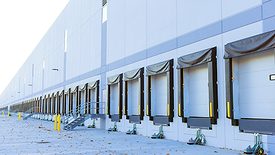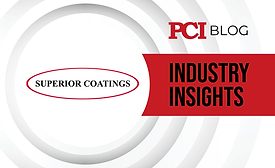Home » corrosion inhibitors
Articles Tagged with ''corrosion inhibitors''
Harnessing Digitalization to Accelerate the Development of Safer Inks, Paints and Coatings
Read More
Demand for Lagoon Projects Surges
Vital Role of Aliphatic Polyurea-Based Protective Linings
Read More
Keep the info flowing with our eNewsletters!
Get the latest industry updates tailored your way.
JOIN TODAY!Copyright ©2025. All Rights Reserved BNP Media.
Design, CMS, Hosting & Web Development :: ePublishing









